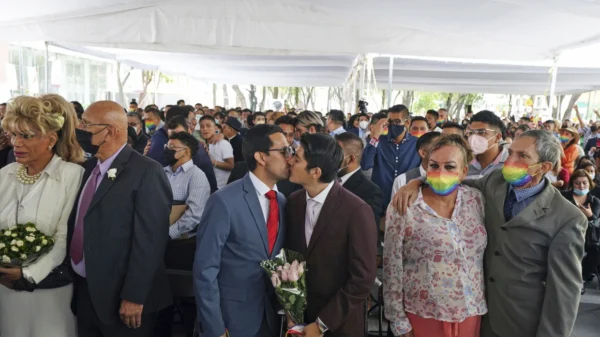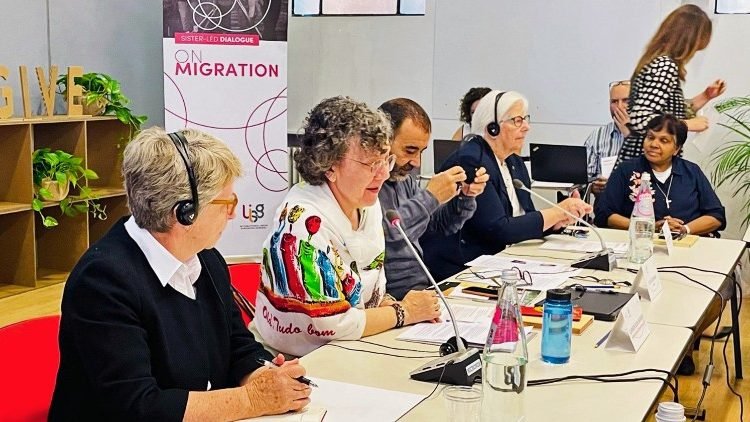Introduction
International migration is a topic that continues to dominate headlines around the world. With millions of people moving across borders each year, it is an issue that affects individuals, communities, and countries on a global scale. In this blog post, we will explore some of the latest news and developments in the field of international migration.
The Impact of COVID-19
The COVID-19 pandemic has had a significant impact on international migration. Travel restrictions, border closures, and economic downturns have all contributed to a decrease in the number of people moving across borders. According to the International Organization for Migration (IOM), global migration dropped by an estimated 30% in 2020.
While the pandemic has slowed down migration, it has also highlighted the essential role that migrants play in various sectors, such as healthcare and agriculture. Many countries have recognized the contributions of migrant workers and have implemented measures to protect their rights and well-being during the pandemic.
Changes in Migration Policies
Several countries have made significant changes to their migration policies in recent months. For example, the United States has seen a shift in its approach to immigration under the new administration. The Biden administration has taken steps to reverse some of the policies put in place by the previous administration, including the travel ban on several Muslim-majority countries.
In Europe, the European Union (EU) has been working on a new migration and asylum pact. The aim of this pact is to create a more unified and predictable approach to migration within the EU. It includes measures such as a new system for distributing asylum seekers among member states and increased support for countries at the EU’s external borders.
Refugee Crisis
The ongoing refugee crisis continues to be a pressing issue. According to the United Nations High Commissioner for Refugees (UNHCR), there are currently over 26 million refugees worldwide. The majority of these refugees come from countries such as Syria, Afghanistan, and South Sudan.
The international community has been working to address the refugee crisis through various initiatives and programs. For example, the Global Compact on Refugees, adopted by the UN General Assembly in 2018, aims to improve the response to refugee situations and enhance the self-reliance and inclusion of refugees in host communities.
Conclusion
International migration is a complex and multifaceted issue that requires global cooperation and understanding. The COVID-19 pandemic has brought new challenges and opportunities in this field, and countries around the world are adapting their policies and approaches accordingly. By staying informed about the latest news and developments, we can contribute to a more informed and inclusive dialogue on international migration.


































